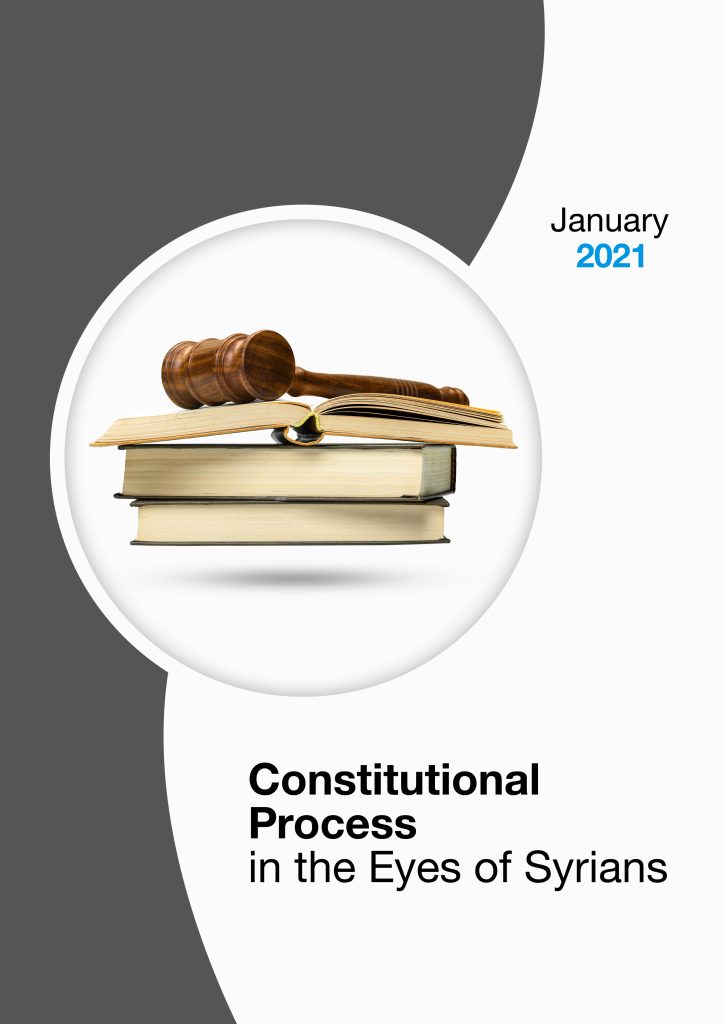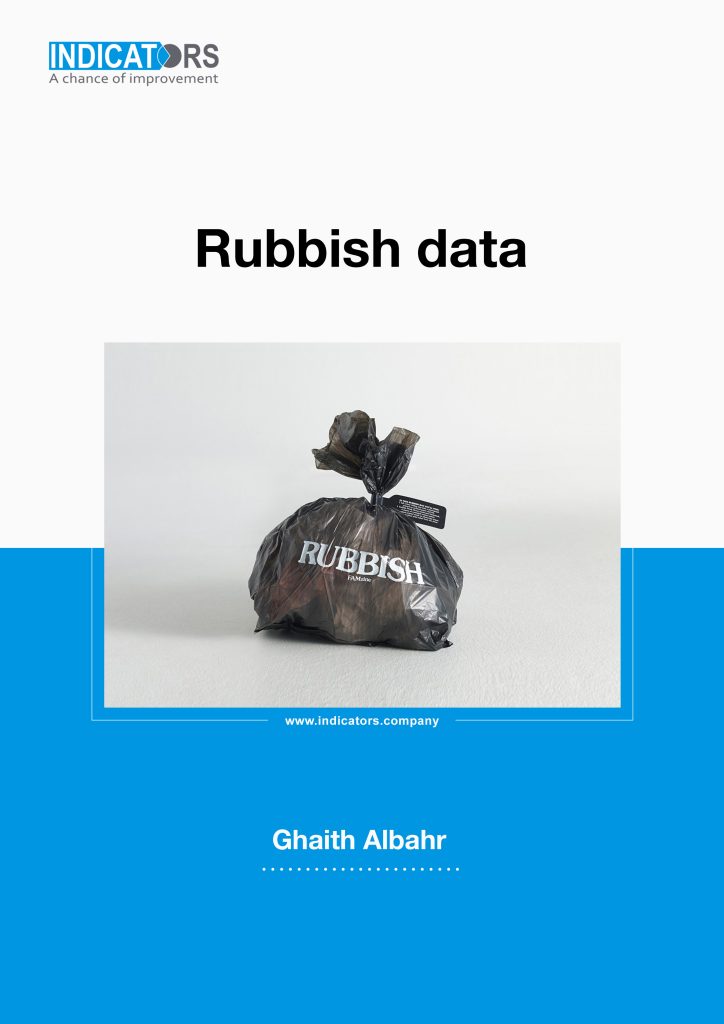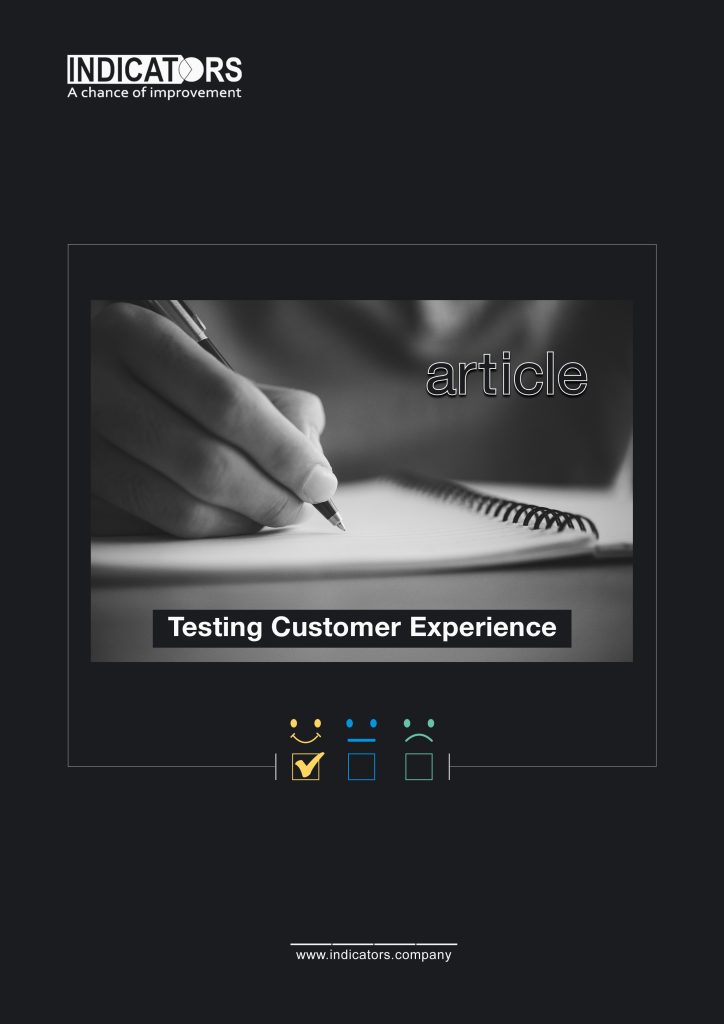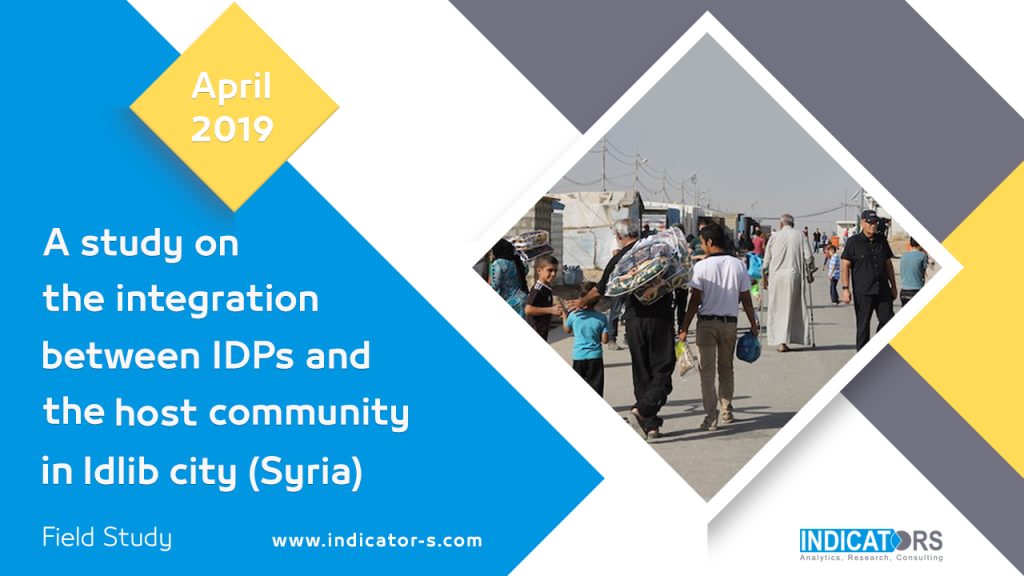Field heroes 1 – Ethics of data collection
Posted by admin Leave a comment
field-heroes-1-data-collection-ethics
Various institutions and organizations in their endeavors in seeking flawless implementation of their services conduct extensive studies before implementing their projects to have a better assessment for the needs of beneficiaries, and to identify ways in which these needs can be effectively and efficiently addressed.
Conducting these studies requires the existence of a field staff which conducts periodic visits to the targeted group to collect data and submit it to the analysts that turn this data into clear results that reflect the situation of the target group. It should be noted that the credibility of the concluded results depends on the accuracy of the data obtained in the field.
Proper collection of data and its success in achieving its objectives require the field researcher to be equipped with many skills, such as strong observation skills, the ability to use and employ the different senses, the ability to communicate with the participants to build upon the information they give, and having experience in the use of various data collection tools.
However, having expertise and skill alone is not sufficient for a field researcher to ensure the success of the data collection process and to acquire accurate information, which in turn leads to reaching objective results that reflect the condition of the target group. In order to reach that, field researcher must adhere to moral and ethical data collection principles which are defined as a set of standards and behavioral rules that govern and regulate the work of the field researcher while conducting data collection process.
In this guide we will mention the most important standards and ethics that the field researcher must adhere to
A series of guides for the data collectors to increase their skills in data collection for various research sectors.
Titles of the guides:
1. Data Collection ethics.
2. Individual and KI interviews.
3. Focus Group Discussion.
4. Field visit/Observation.
Ethics of data collection
Posted by admin Leave a comment
field-heroes-1-data-collection-ethics
Various institutions and organizations in their endeavors in seeking flawless implementation of their services conduct extensive studies before implementing their projects to have a better assessment for the needs of beneficiaries, and to identify ways in which these needs can be effectively and efficiently addressed.
Conducting these studies requires the existence of a field staff which conducts periodic visits to the targeted group to collect data and submit it to the analysts that turn this data into clear results that reflect the situation of the target group. It should be noted that the credibility of the concluded results depends on the accuracy of the data obtained in the field.
Proper collection of data and its success in achieving its objectives require the field researcher to be equipped with many skills, such as strong observation skills, the ability to use and employ the different senses, the ability to communicate with the participants to build upon the information they give, and having experience in the use of various data collection tools.
However, having expertise and skill alone is not sufficient for a field researcher to ensure the success of the data collection process and to acquire accurate information, which in turn leads to reaching objective results that reflect the condition of the target group. In order to reach that, field researcher must adhere to moral and ethical data collection principles which are defined as a set of standards and behavioral rules that govern and regulate the work of the field researcher while conducting data collection process.
In this guide we will mention the most important standards and ethics that the field researcher must adhere to
A series of guides for the data collectors to increase their skills in data collection for various research sectors.
Titles of the guides:
Ethics of data collection
1. Data Collection ethics.
2. Individual and KI interviews.
3. Focus Group Discussion.
4. Field visit/Observation.









Reviews
There are no reviews yet.